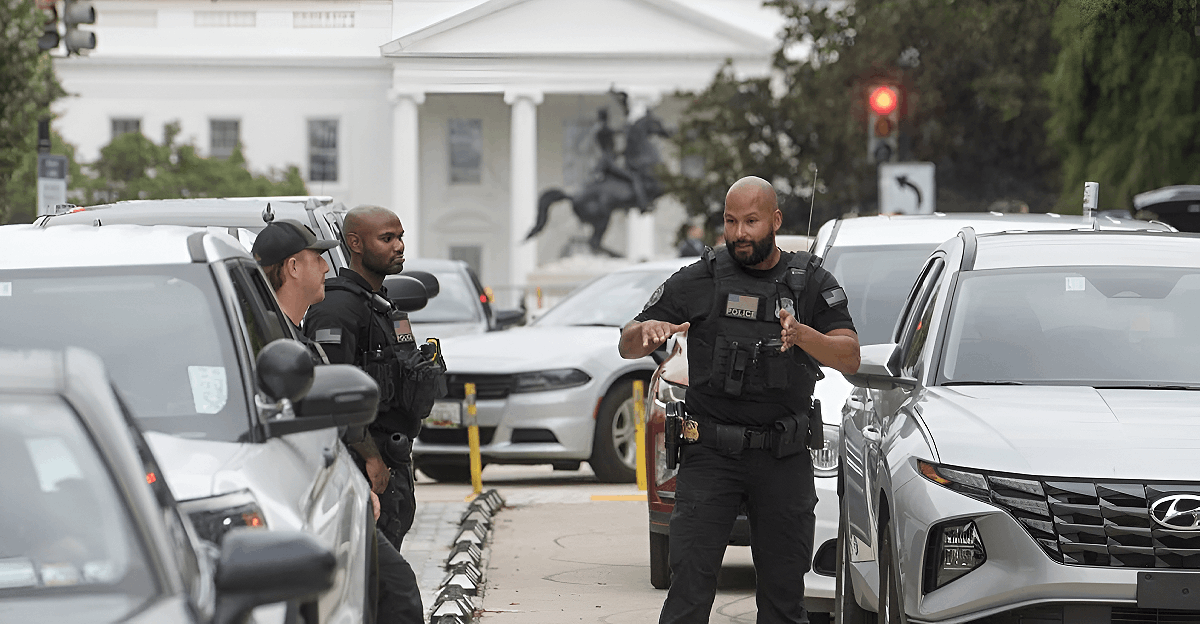
President Trump stunned Washington by invoking Section 740 of the Home Rule Act on Aug. 11, declaring a “crime emergency” in the capital.
The order mobilized 800 National Guard troops and hundreds of federal agents (FBI, DEA and others) onto city streets to combat what Trump called “rampant crime”.
Official data do show a sharp drop in violent crime since Aug. 11, but the people living here feel under siege. Columbia Heights vendor Yassin Yahyaoui says, “everything has stopped over the last week… most of [the vendors] have just disappeared”, many too scared to even set up their stands.
Arrest Surge
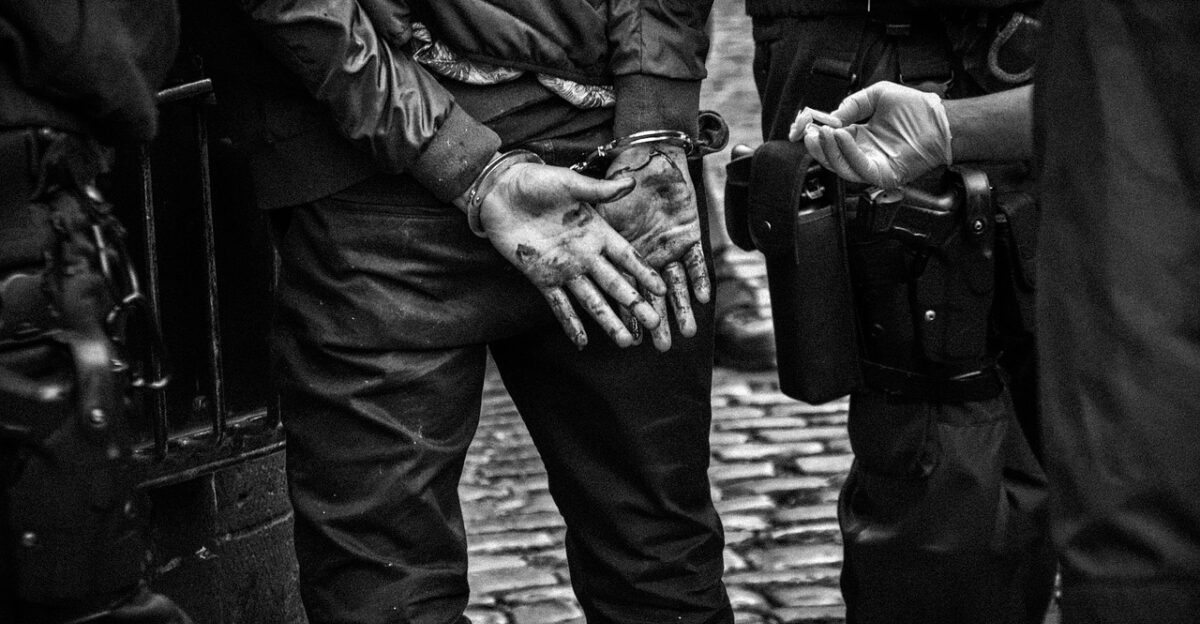
In just two weeks, authorities reported roughly 1,000 arrests in the city.
Agents from dozens of federal agencies – Marshals, ICE, Secret Service, and more – have joined local police on patrol.
The result has been a deluge of cases in the courts. Judges say the workload is “a real mess.” One judge warned he had 125 cases to process in a morning session – dozens more than usual.
The city jail and court dockets have swelled as routine misdemeanors now require federal hearings.
Historical Context
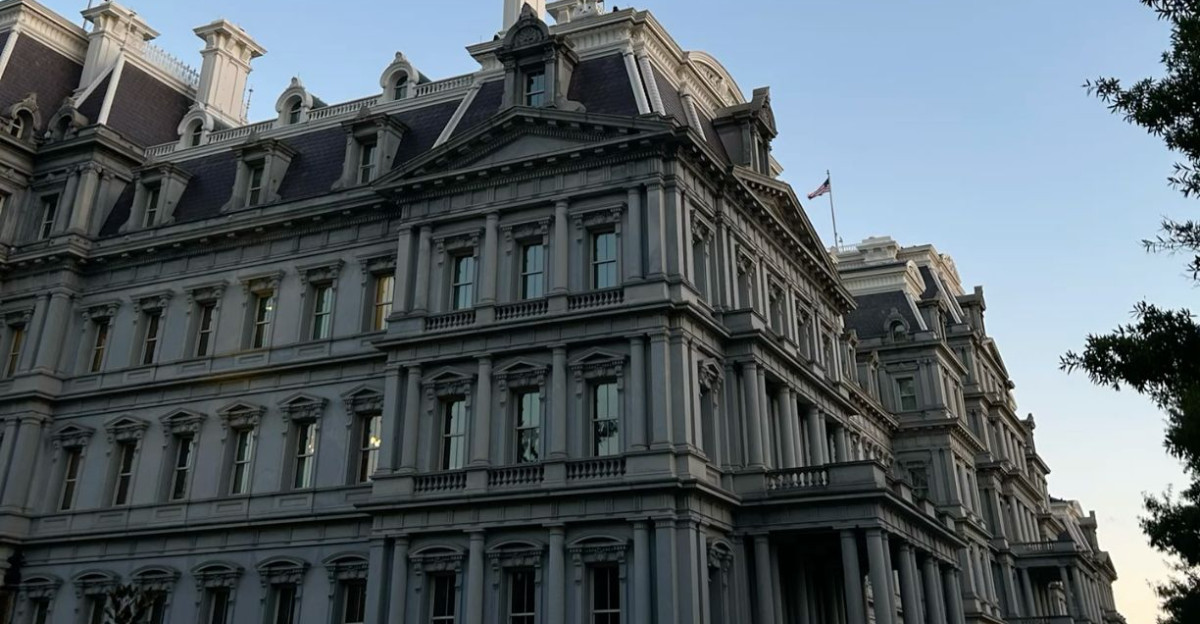
DC’s local government dates to 1973, when the Home Rule Act returned self-governance after a century of congressional control.
Section 740 of that law – never before used – allows the President to take temporary charge of the Metropolitan Police in a DC “emergency,” but only for “federal purposes”.
Crucially, the statute limits any federal takeover to 30 days unless Congress votes to extend it. (Absent action by Congress, the takeover will expire on Sept. 10.)
The last time Congress revoked DC’s autonomy was during Reconstruction in 1874.
Legal Framework

By law, this takeover lapses after 30 days unless Congress passes a joint resolution.
Some in the administration floated the idea of declaring a national emergency to bypass the deadline, but legal experts note that DC’s Home Rule Act has no such exception. (The National Emergencies Act cannot override DC’s built-in limit.)
Meanwhile, Republican governors from six states – including Mississippi, Louisiana, and Tennessee – have sent about 1,100 Guard troops to reinforce DC’s original 800.
The deployments now cost the city and states millions per day.
Small Violations, Big Penalties

Court filings and interviews reveal the heart of the controversy: roughly half of all arrests involve very minor offenses – marijuana possession, public drinking, or petty theft – crimes normally handled by city police or citations.
U.S. Attorney Jeanine Pirro has explicitly ordered her prosecutors to pursue the maximum charges in every case.
Defense attorneys warn that this has swept “weak cases” into federal court. One public defender notes grand juries are already “seeing through it,” calling the crackdown “a huge waste of resources”.
Meanwhile, in the heart of Columbia Heights, federal agents sweeping through the neighborhood have dramatically altered daily life.
Resident Voices

Opposition to the federal takeover is nearly unanimous among DC residents. A Washington Post survey finds roughly 79% of locals disapprove and 65% doubt it will curb violent crime.
In interviews, longtime residents express alarm. “We’re becoming a police state. I’m afraid of that, I really am,” says 89-year-old Navy veteran Joseph Clay.
Another resident, 29-year-old Courtney Priebe, says Trump’s actions are “striking more fear into residents than making them feel safe”.
Many in the Latino community report carrying immigration papers everywhere and worrying that routine encounters could turn dangerous.
Court System Strain
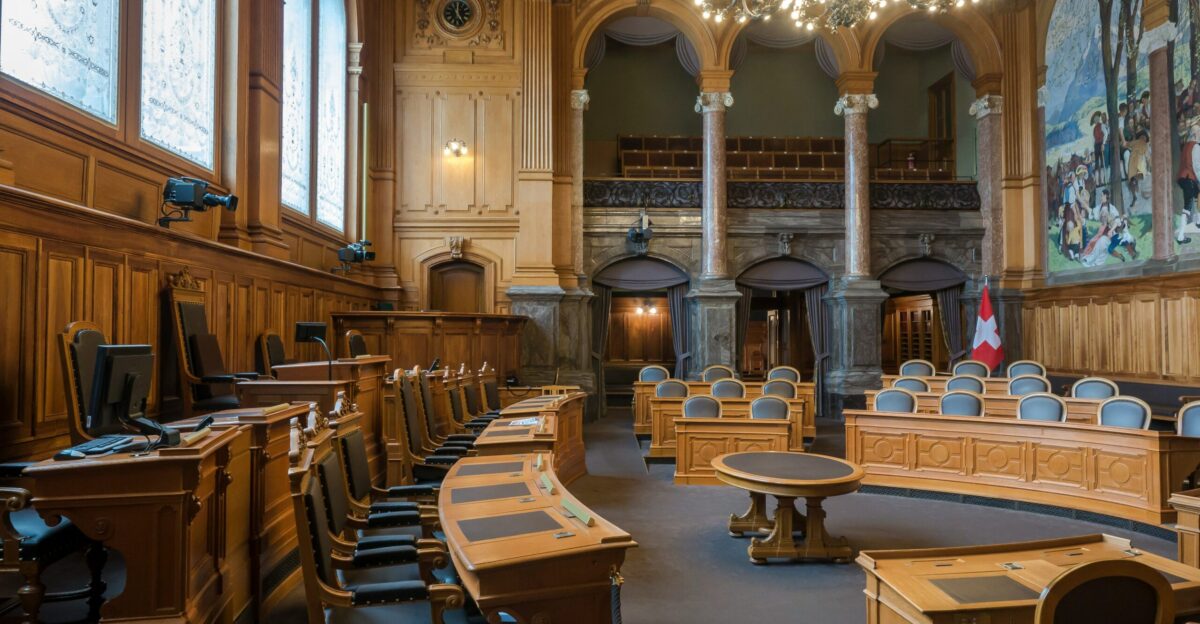
Meanwhile, federal courts are buckling under the caseload. DC’s Superior Court now sees over 100 detainees a day – roughly double the normal number. Defense lawyers say the surge has “overloaded the entire system”.
Magistrate Judge Zia Faruqui has been particularly outspoken. He condemned one recent traffic stop as “without a doubt the most illegal search I have ever seen in my life”.
He later freed a man held five days on a minor marijuana charge, calling the detention “some sort of bizarre nightmare”.
Even grand juries are balking: jurors twice refused to indict a man caught on video hurling a sandwich at a federal agent.
Community Trust

However, other troubling revelations have emerged. Mayor Bowser warns the crackdown has created “a break in trust between police and the community”.
She also notes the odd sight of masked agents: “No one should be wearing masks…Our officers wear body-worn cameras and are clearly identified”, she argued, implying the federal team’s anonymity could undermine accountability.
Meanwhile, local families are suffering disruptions. The Guardian reports a DC mother saying her undocumented nanny “called out of work saying there’s a very heavy police presence – we’re both staying home and not coming into work”.
Lawyers add that many detainees are missing work, childcare and school while awaiting release.
Internal Tensions
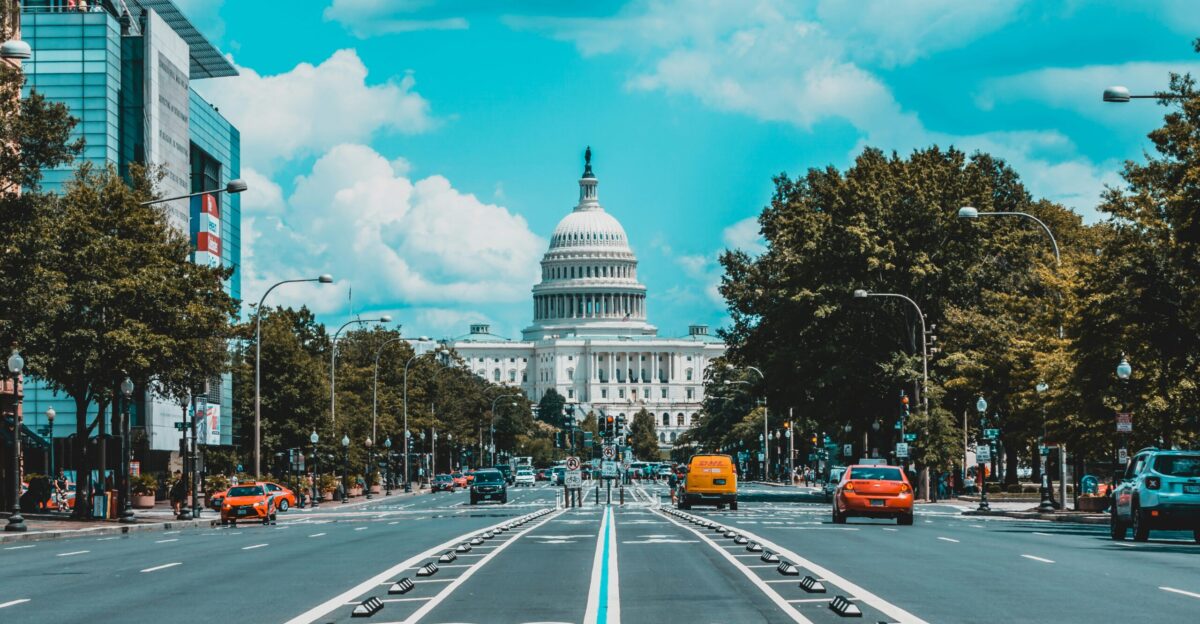
Inside Washington, city leaders are also in conflict. Mayor Bowser has praised the drop in certain crimes but blasted parts of the operation as wasteful.
She said using out-of-state National Guard troops and masked ICE agents “has not been an efficient use of those resources”. DC Councilmembers have publicly quarreled over the narrative, with some accusing Bowser of overstating local support for the effort.
In court, a federal judge recently ruled that DC’s elected police chief, Pamela Smith, remains in command of the MPD, blocking Trump’s attempt to install a loyalist. DC officials insist the city retains authority even as federal forces encroach.
Prosecutorial Changes
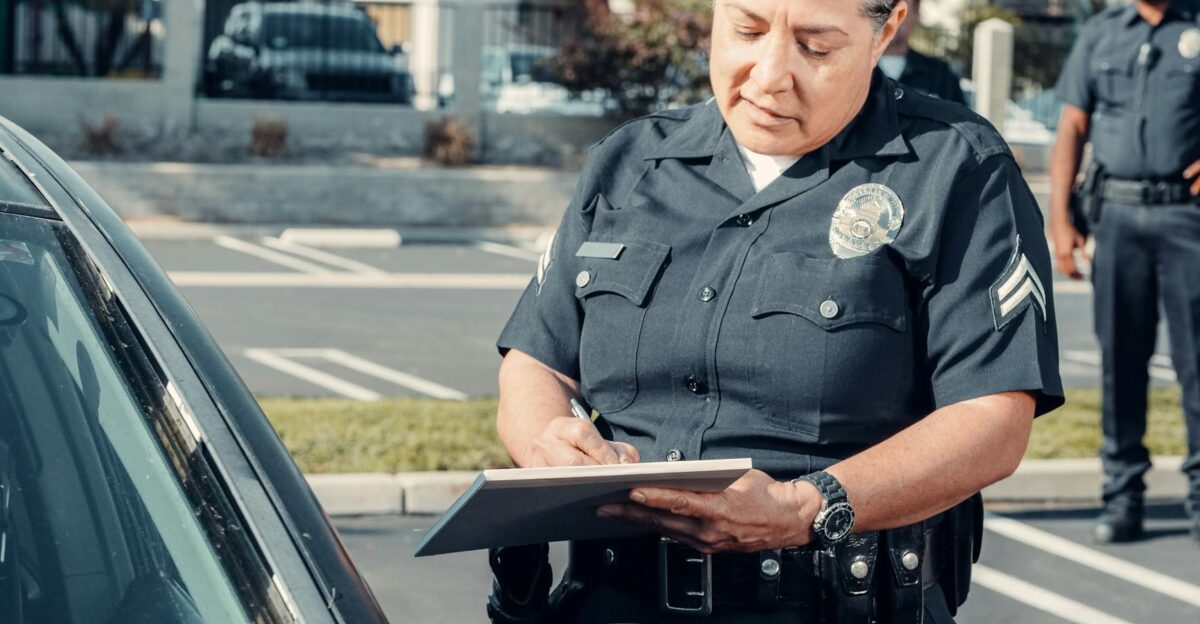
The Justice Department’s approach has shifted dramatically under Trump. In a memo, newly sworn-in U.S. Attorney Jeanine Pirro insisted “the old way of doing things is unacceptable” and ordered every prosecutor to seek the harshest charge possible in each case.
She even requested 20 military lawyers from the Pentagon to help process the caseload.
But her office is badly understaffed: Pirro reports it’s “down 90 lawyers, 60 investigators and paralegals” compared to normal levels.
Observers say this mismatch – aggressive tactics with too few personnel – is creating confusion and unfairness.
Judicial Pushback
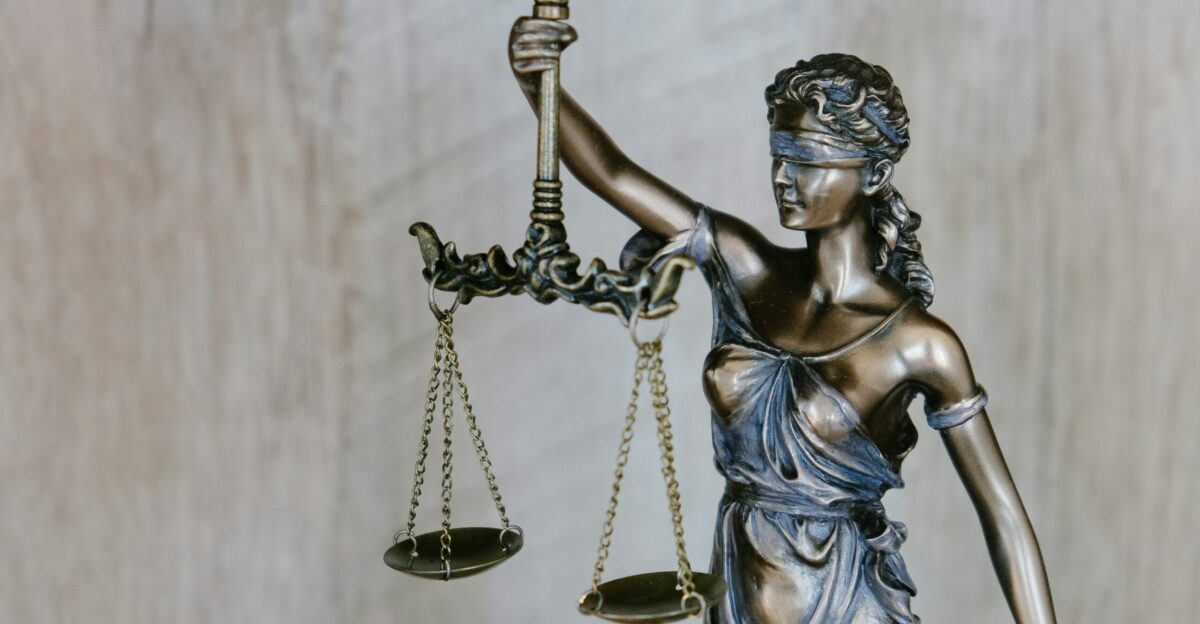
Federal judges and juries are pushing back on the tougher charges. In one case, a magistrate freed a man who’d been jailed five days for a misdemeanor, calling the detention “some sort of bizarre nightmare”.
Magistrate Faruqui declared in court that “grand juries… will not simply go along with the flow” of prosecutorial pressure.
The AP reports multiple grand juries have already declined to indict defendants under the crackdown, even in high-profile incidents.
Several judges have ordered cases dismissed after finding evidence was collected illegally or that the charge was too minor.
Crime Statistics Debate
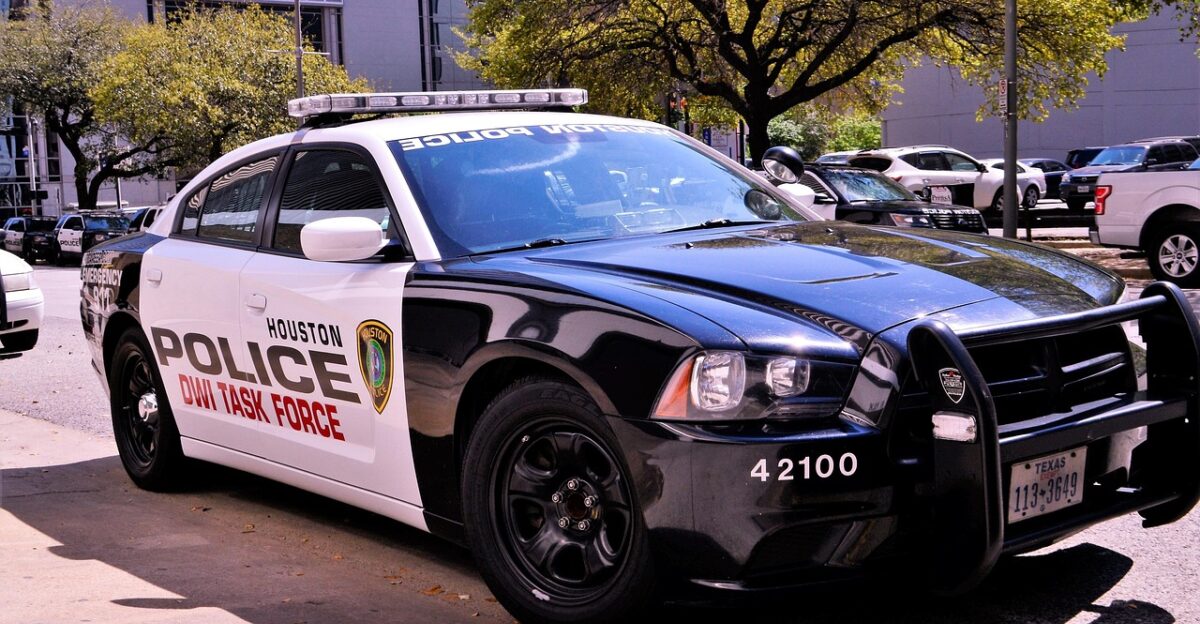
Even the crime numbers touted by Trump are disputed. Bowser noted the city saw a 44% drop in reported violent crime and a complete halt to homicide in the immediate weeks of the operation.
But these figures are deceptive: DC already had stretches of no homicides before the takeover, and national trends show crime had been falling.
Many residents feel safer despite the federal presence. The DC Police Union has blasted claims of an “87%” crime decline as “preposterous” given officers’ experience on the street.
And a recent poll finds about 65% of locals believe the crackdown will not reduce violent crime.
Congressional Timeline

Now all eyes turn to Congress. Legally, the federal takeover automatically ends on Sept. 10 unless lawmakers vote to renew it.
Extending it would require a joint resolution of Congress – meaning 60 Senate votes and the president’s signature – a high hurdle in the current divided legislature.
Some Republicans are pushing to continue the effort, but Democrats (and DC’s congressional delegate) vehemently oppose it.
In a dramatic move, Rep. Andy Ogles (R–Tenn.) even introduced a bill to rewrite the Home Rule Act, allowing a president to extend federal control indefinitely. The coming days will test DC’s constitutional limits.
Constitutional Challenges
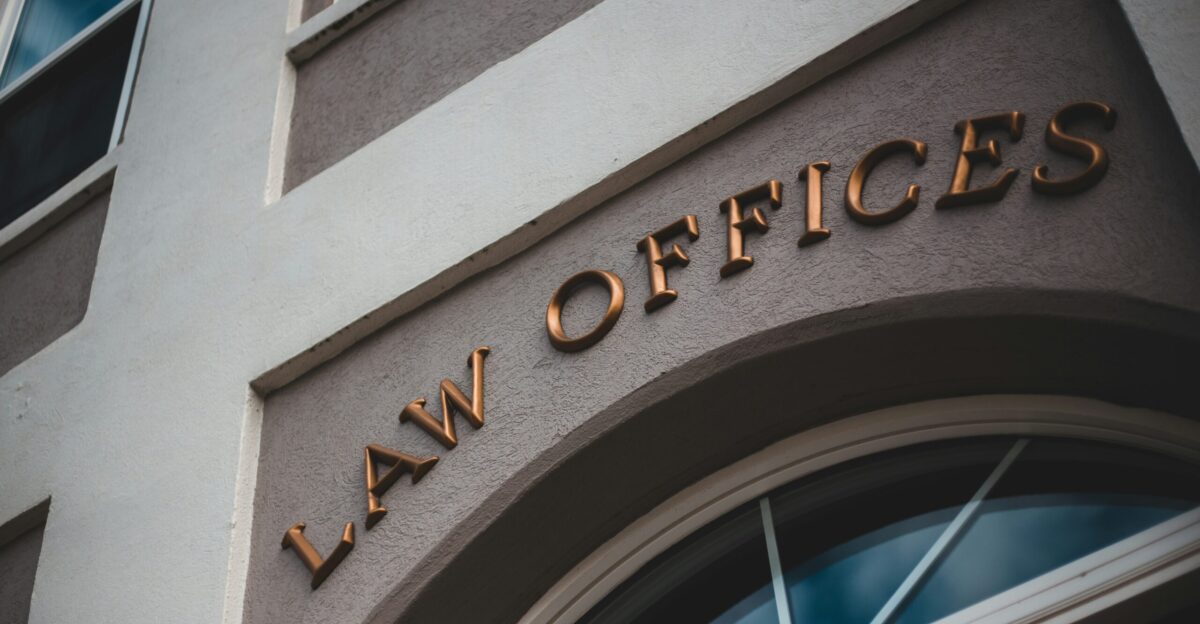
Legal experts say these battles could redefine presidential power. In a separate case, U.S.
District Judge Charles Breyer in California blocked Trump’s plan to send troops to Los Angeles, warning that using the National Guard this way “frustrates the very purpose” of the Posse Comitatus Act.
In Washington, Attorney General Brian Schwalb has sued Trump’s administration, calling the takeover “brazenly unlawful” and likening it to a “hostile takeover” of the city’s police.
Constitutional lawyers note that no president has remotely approached this level of domestic police deployment in memory. The courts’ decisions could set historic precedents.
National Implications
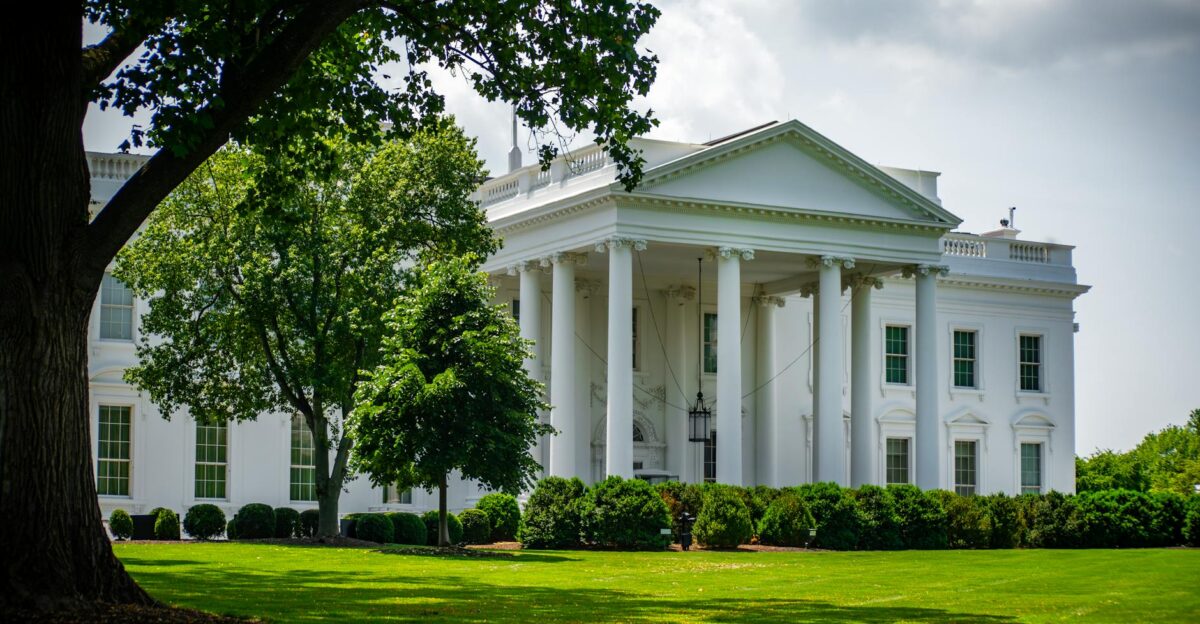
The DC model is already influencing national politics. President Trump has threatened to send similar federal forces to Democrat-led cities like Chicago, New York and Oakland, citing their crime stats.
Six Republican governors – including those of Mississippi, Louisiana and Utah – have contributed guardsmen to the DC operation, sending roughly 1,100 troops in all.
Opponents see this as a coordinated scheme: Bowser quipped it “suggests this is not about DC crime,” and asked pointedly if the real goal is immigration enforcement.
The clear implication is that any city, if governed by opposing politicians, could face the same kind of federal intervention.
Civil Liberties Concerns
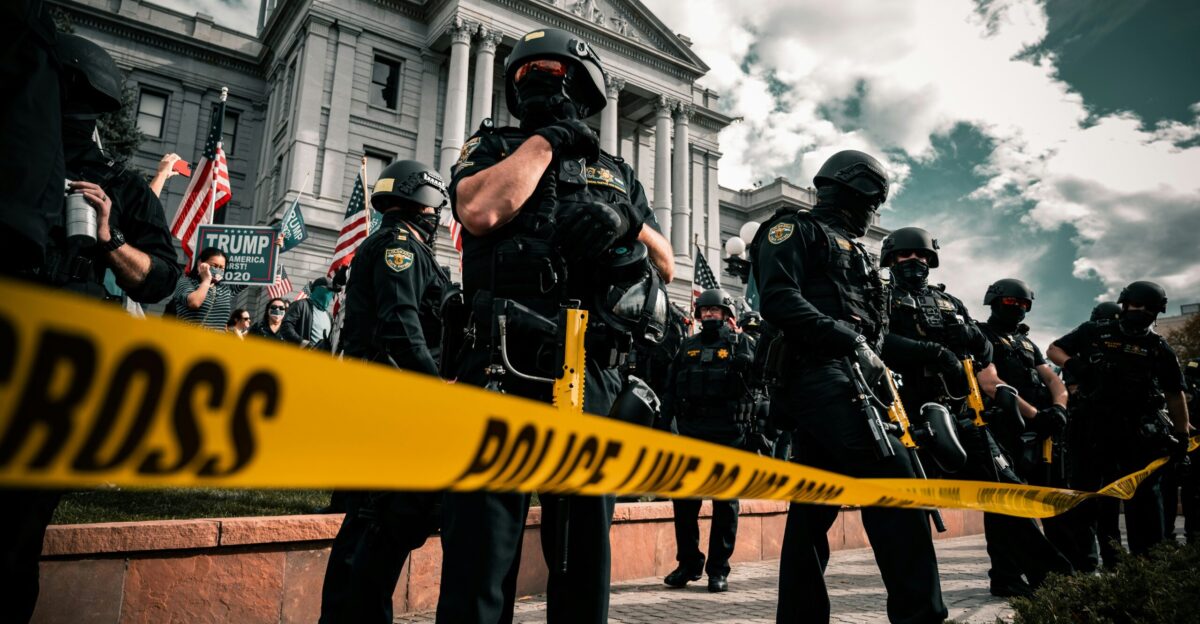
Civil liberties groups are sounding the alarm. The ACLU of DC calls today’s crackdown “a testing ground” for authoritarian tactics the president has signaled he wants to use across the country.
Lawyers report cases of people being stopped and detained on vague “suspicious behavior” alone, without evidence of real wrongdoing.
Immigrant advocates warn that hundreds are being arrested far from courts, raising severe Fourth Amendment issues.
One advocate says he fears the stormtrooper-like raids are “testing the boundaries of what the president can do,” and that DC residents will be the first victims of precedents used nationwide.
Cultural Transformation
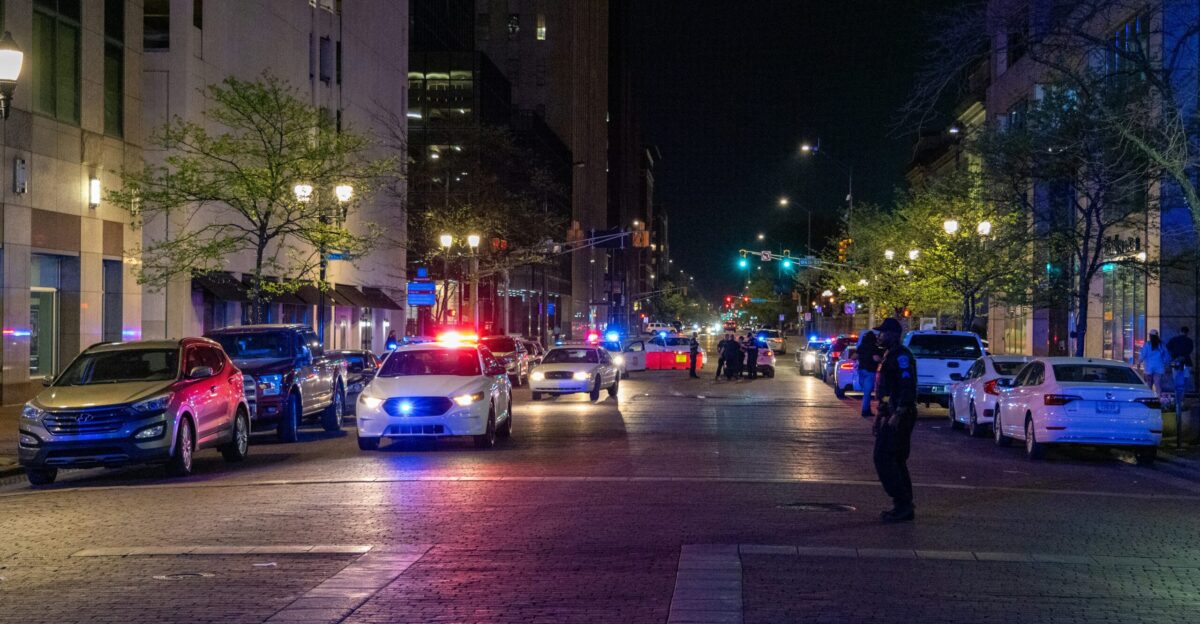
And in targeted neighborhoods, daily life has fundamentally changed. Columbia Heights, once a vibrant outdoor market, now feels empty. One vendor laments she makes “less money than when the city was closed during COVID” because few customers dare show up.
Another vendor, Reina Sosa, says customers are now “saving [money] in case something happens,” too anxious to spend on fruit or food.
Fruit-seller Ana Lemus pleads for empathy: “We need more humanity… the government is supposed to protect people, not attack or discriminate against them,” she says.
Parents report avoiding parks and public spaces altogether, literally reshaping community life.
Democratic Crossroads

Ultimately, D.C. finds itself at a crossroads. Trump’s takeover is the most dramatic federal intrusion in the city since Reconstruction.
Constitutional scholars say this is uncharted territory. As the ACLU notes, “D.C. can be viewed as a testing ground and is the canary in the coal mine” for tactics that could spread nationwide.
Whether Congress extends the emergency or the courts strike it down will define the balance between federal authority and local democracy.
The nation’s capital has become a live experiment – one that will shape American government for years to come.